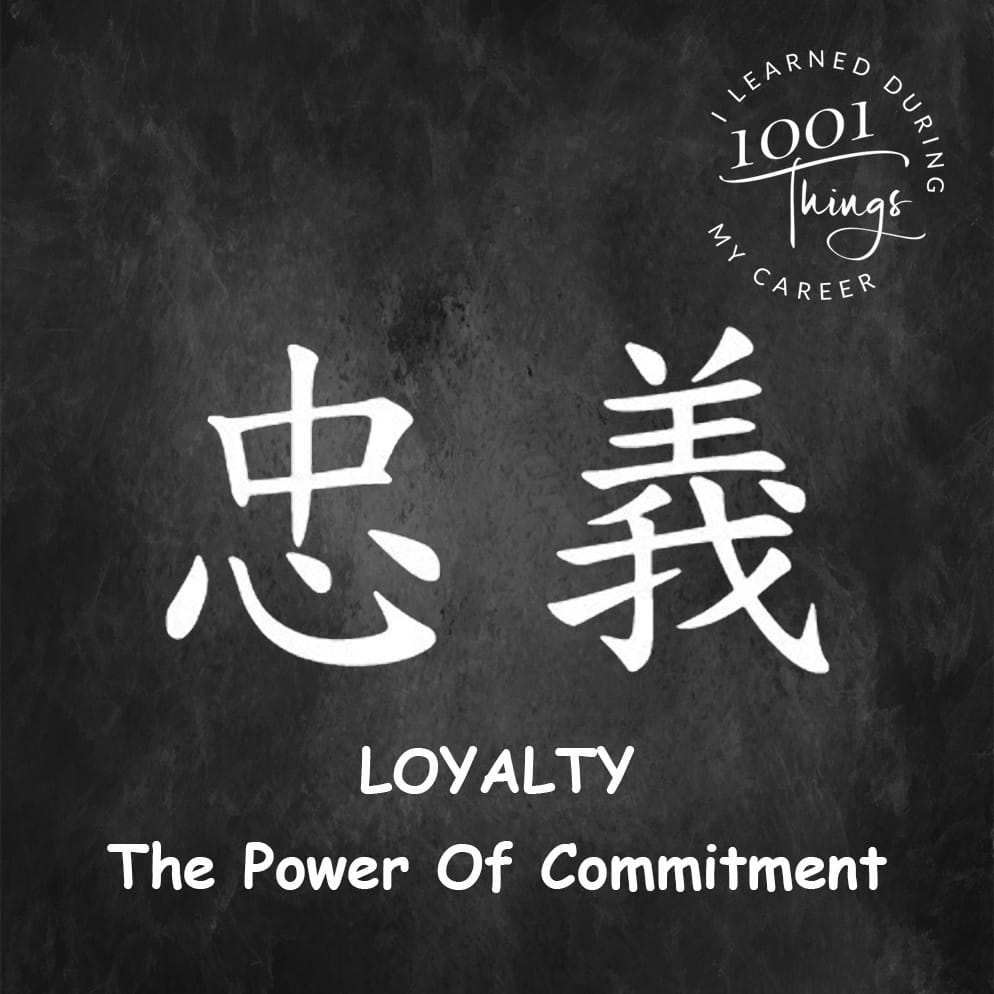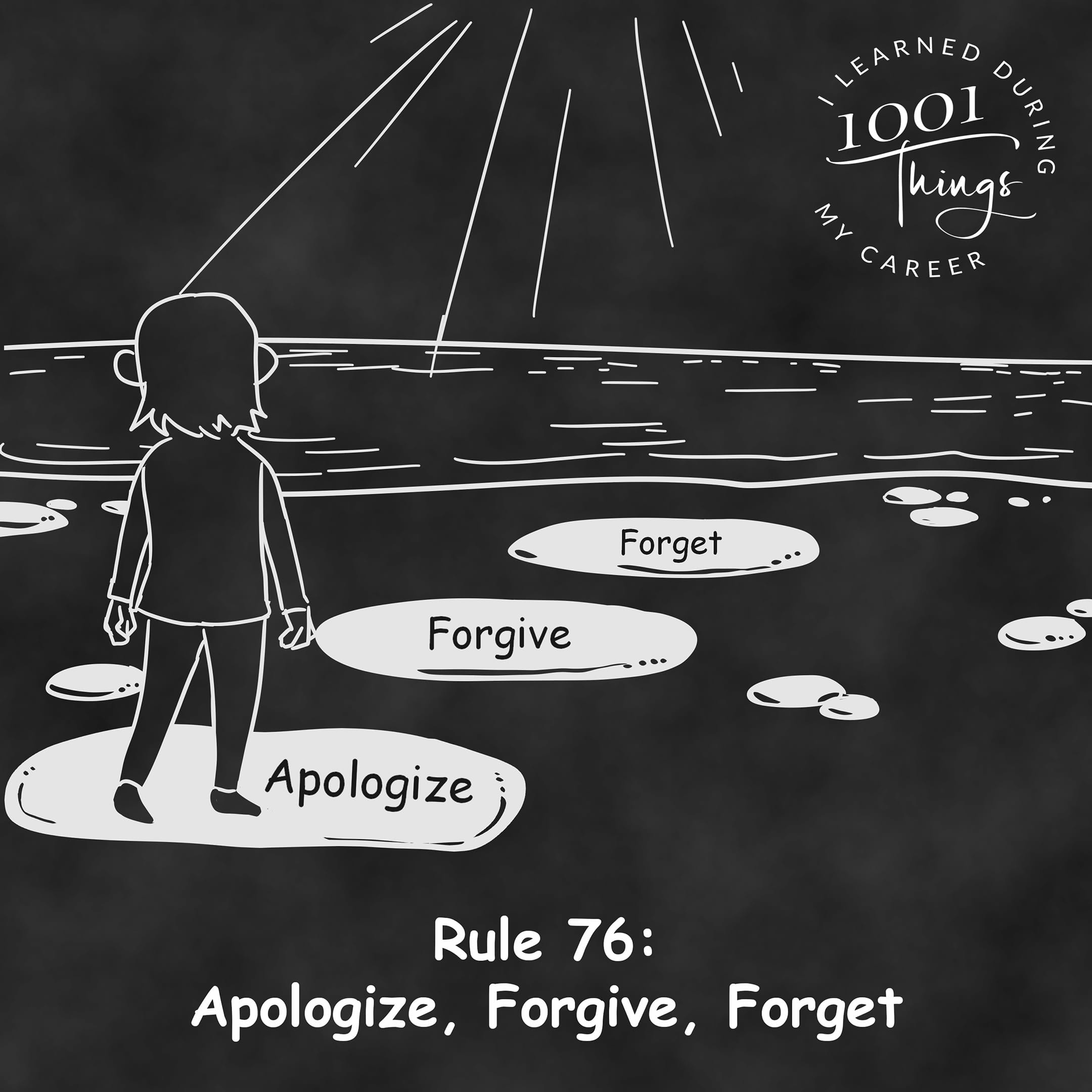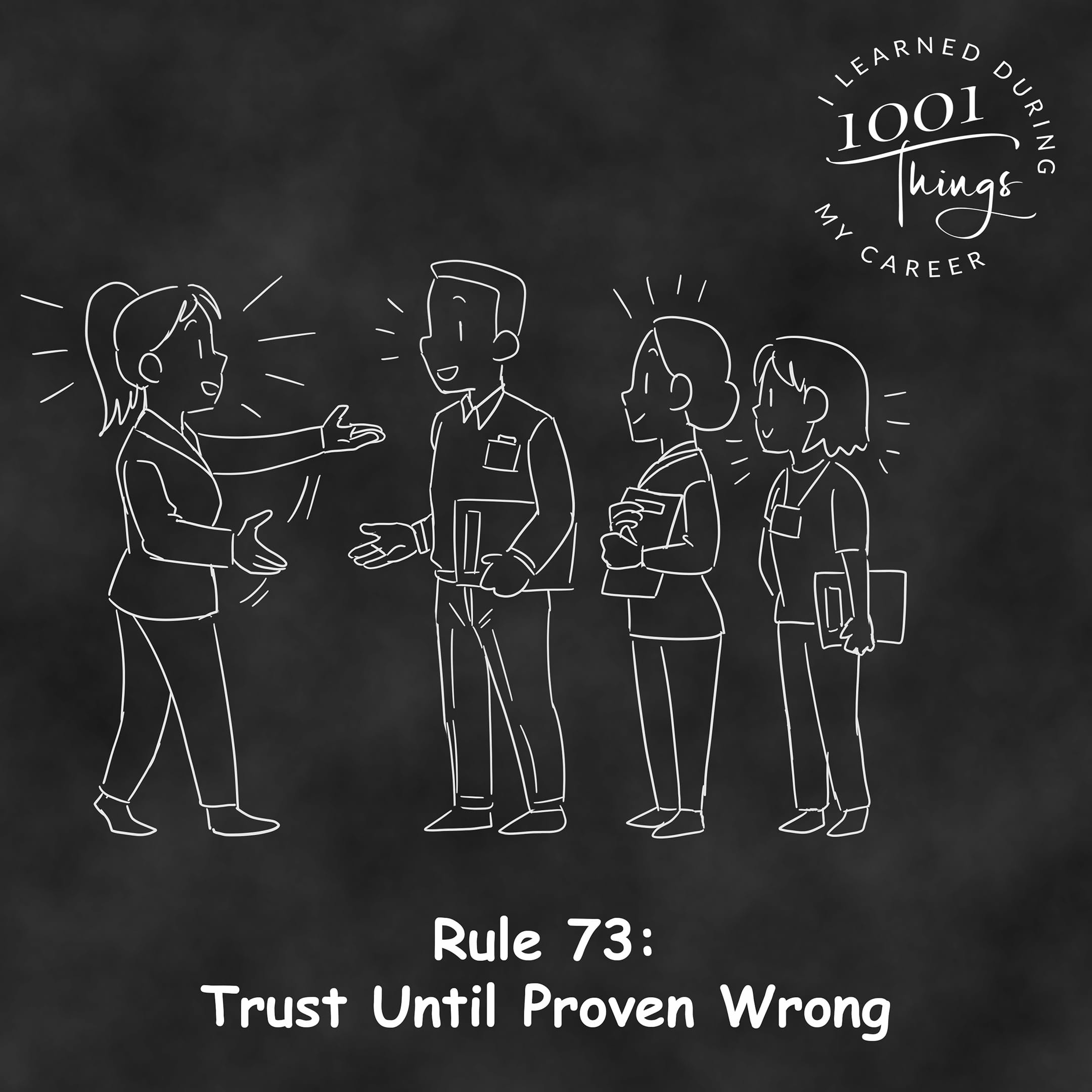Loyalty is the foundation of enduring relationships and effective leadership. In Bushido, Chūgi (忠義) represents unwavering devotion and faithfulness to a cause, a team, or a set of values. Samurai were expected to remain loyal to their lords and comrades, even at the cost of their lives: their word was their bond, and betrayal was considered the ultimate disgrace. This principle ensured trust and stability, fostering unity among warriors who depended on one another for survival.
In leadership, loyalty is the glue that holds teams together: a leader who is loyal to their people creates an environment of trust and commitment. When employees feel that their leader is genuinely invested in them, they usually reciprocate with dedication, engagement, and a strong sense of belonging. True loyalty is not about blind allegiance but about standing firm in support of those who share the same vision and values.
A notable example is Howard Schultz, former CEO of Starbucks: he demonstrated loyalty to his employees by providing healthcare benefits even for part-time workers, prioritizing people over profits. His commitment to his workforce fostered a culture of trust and respect that became a key part of Starbucks’ success. Schultz believed that taking care of employees led to better customer service and long-term business growth, proving that loyalty pays off in ways beyond financial returns.
In history, Winston Churchill displayed immense loyalty to his country during World War II: his unwavering commitment to Britain’s survival and his refusal to negotiate with Nazi Germany inspired an entire nation to persevere through adversity. Churchill’s leadership proved that loyalty is not just about allegiance but about standing firm when it matters most, especially in times of crisis. His steadfast devotion helped Britain maintain morale and resilience during its darkest hours.
Loyalty also extends to personal relationships and ethical leadership: a leader who remains loyal to their values, their commitments, and their team members builds an enduring legacy. Conversely, leaders who betray trust, abandon their people in difficult times, or prioritize personal gain over collective well-being erode the very foundation of their influence.
Ask yourself:
- Do I uphold my commitments, even in difficult times?
- Do I stand by my values, even if no one else does?
- Do I prioritize my team’s well-being and success?
True loyalty is not blind obedience – it is a steadfast commitment to people and values. Leaders who exhibit loyalty cultivate strong, enduring relationships that lead to long-term success. It is a two-way street that, when nurtured, creates unbreakable bonds within teams, organizations, and society.





